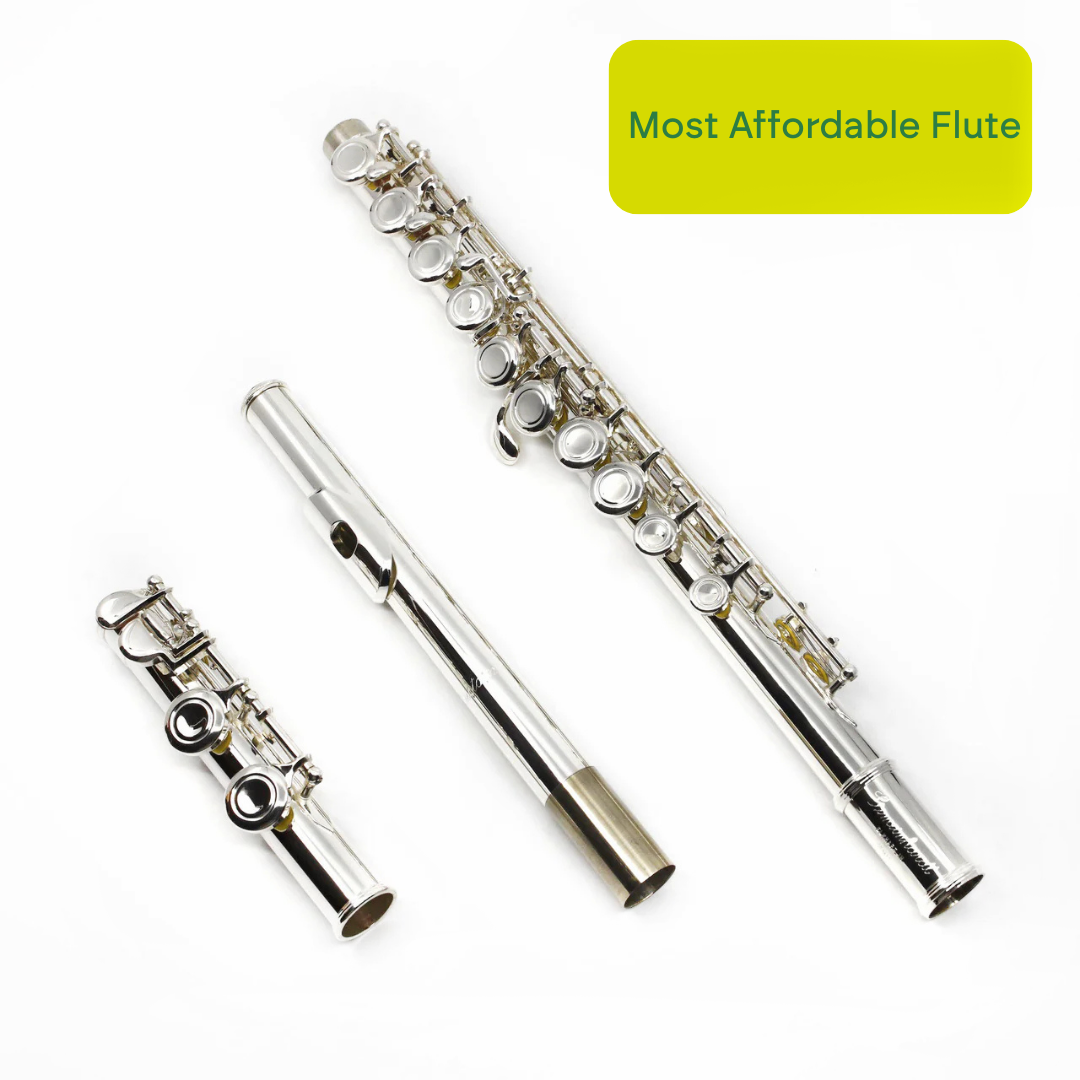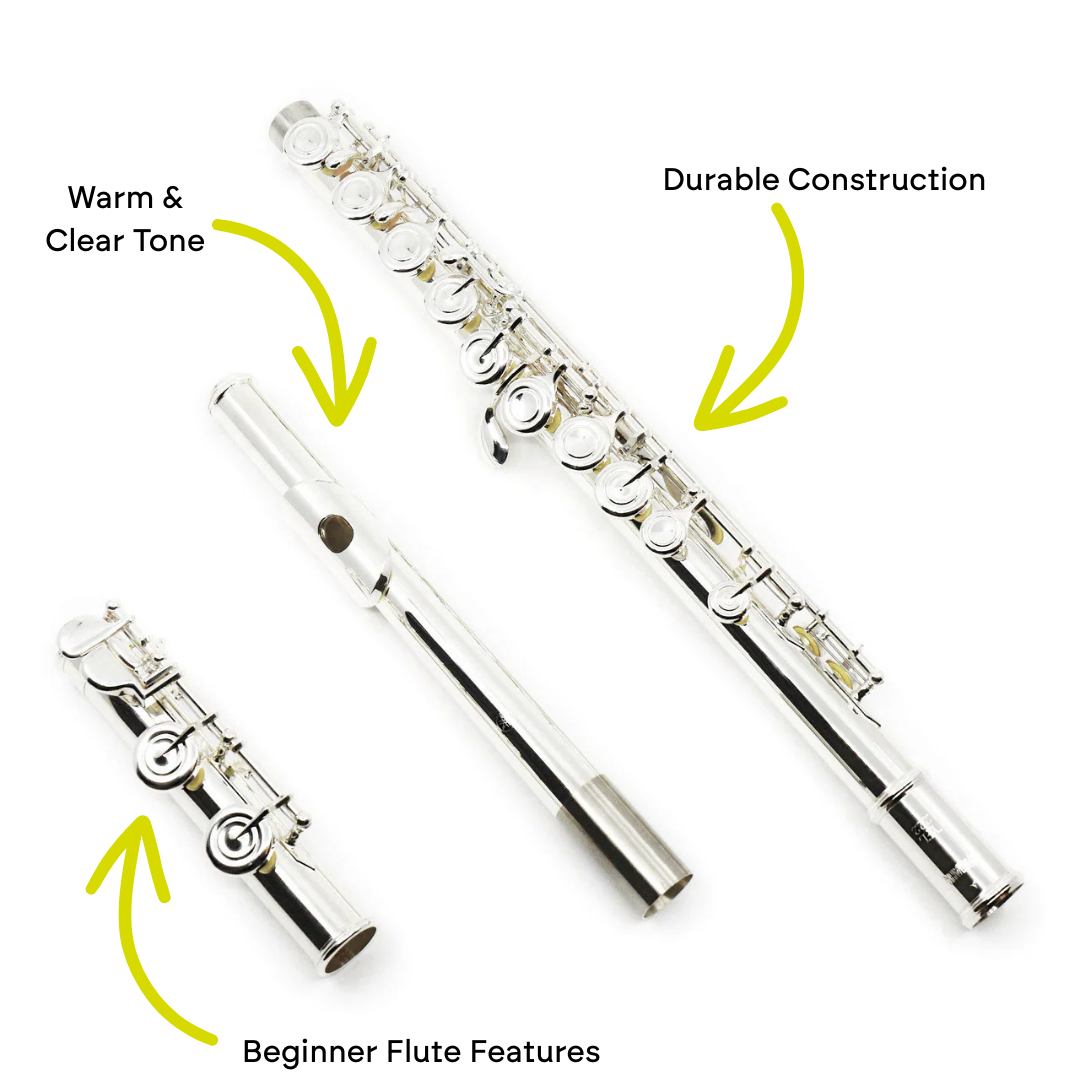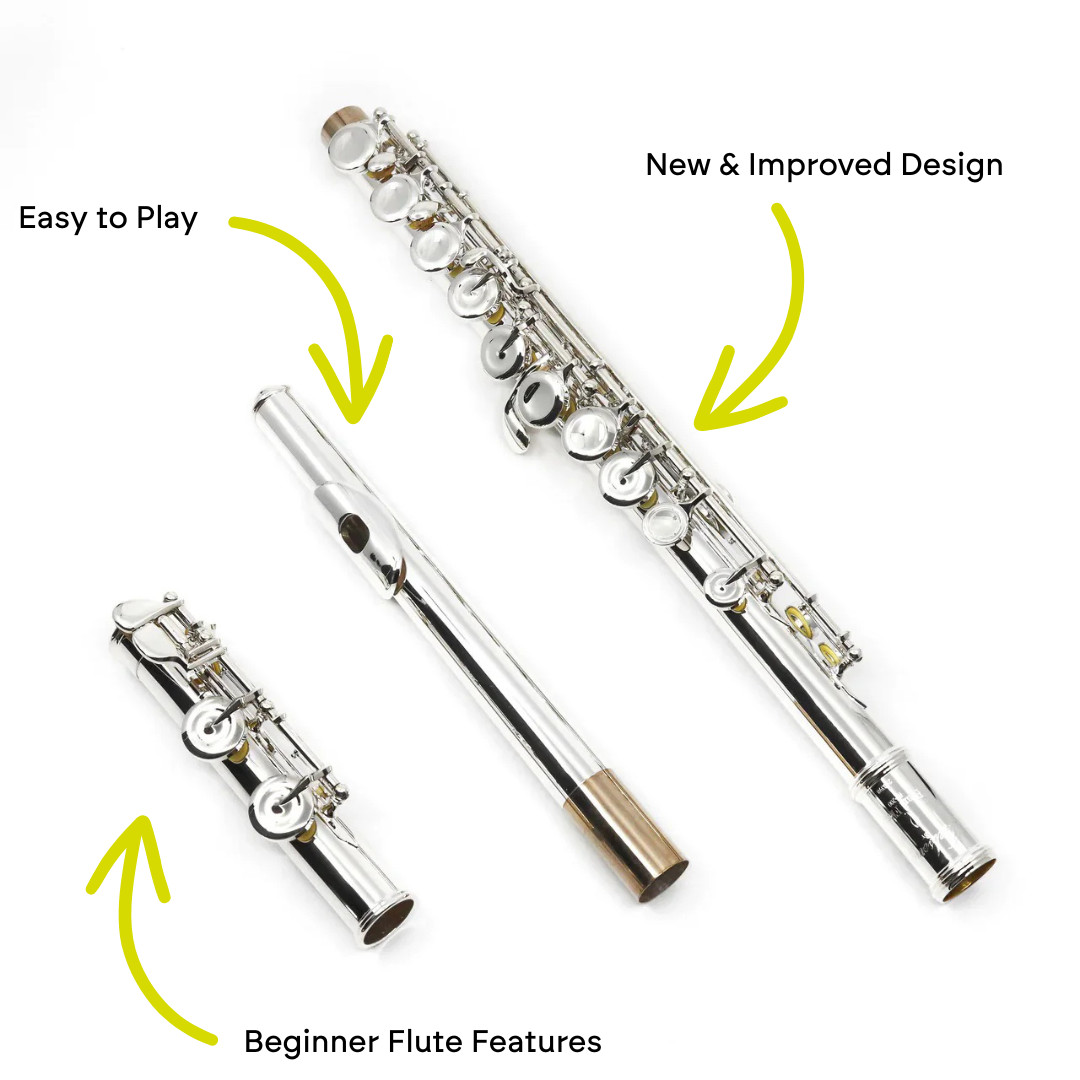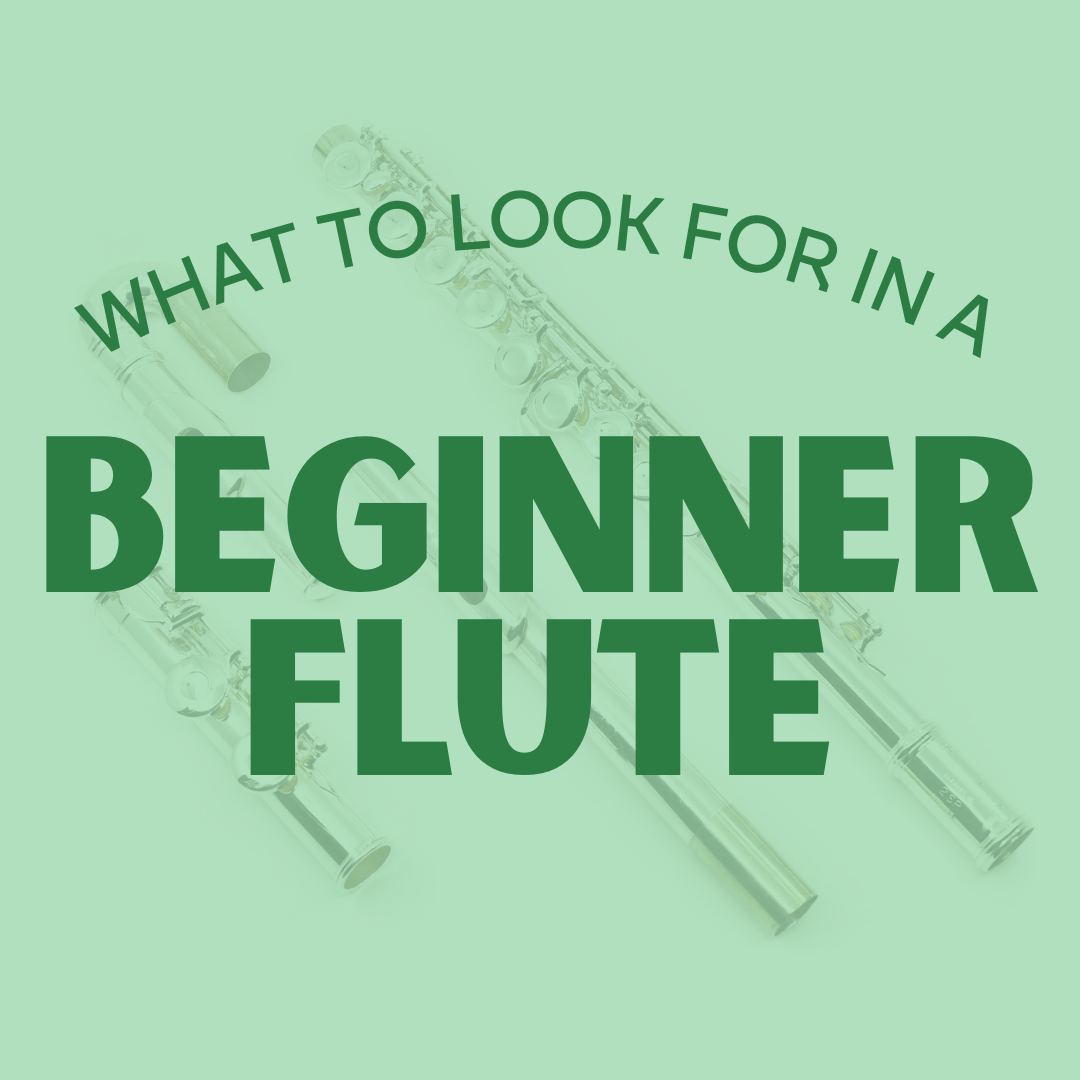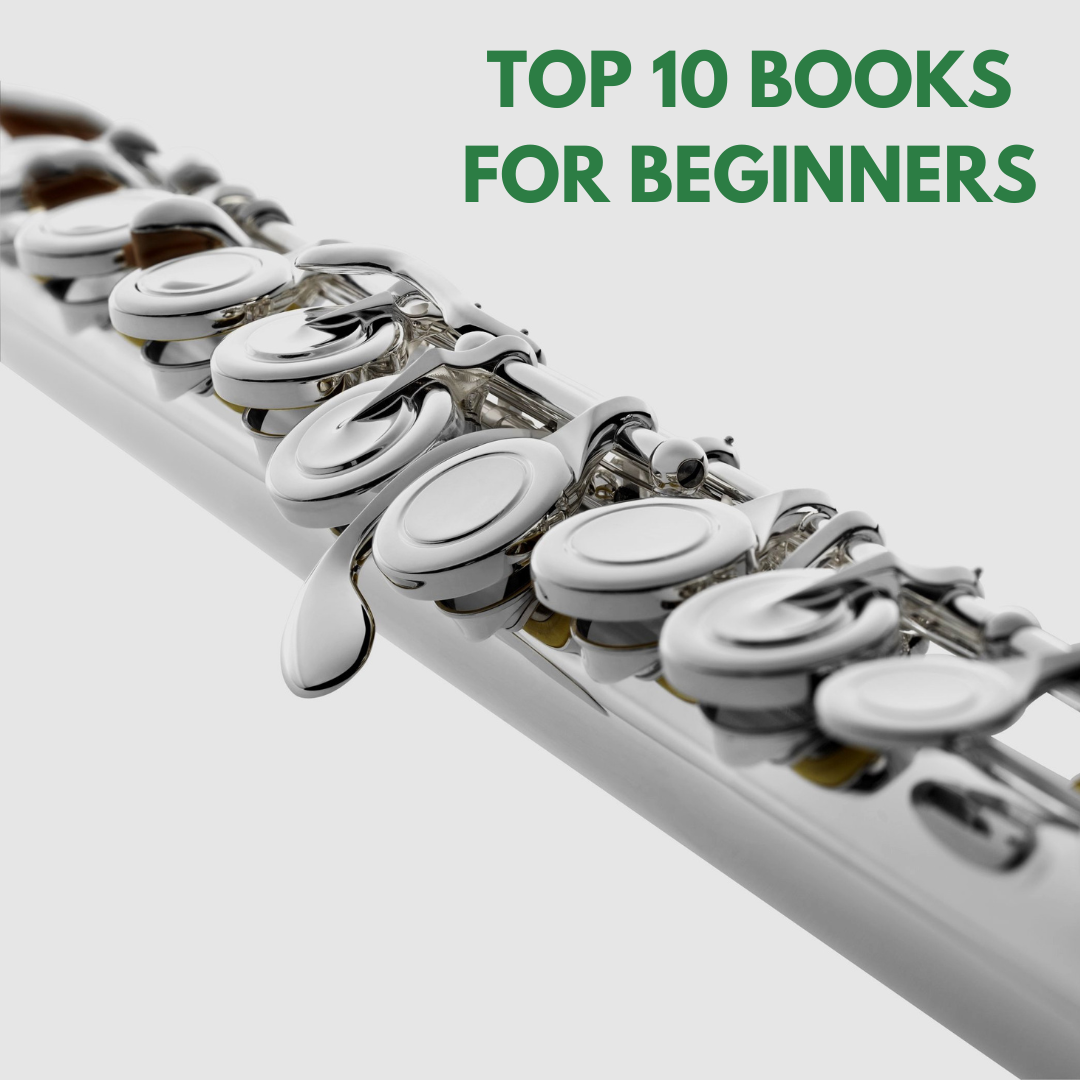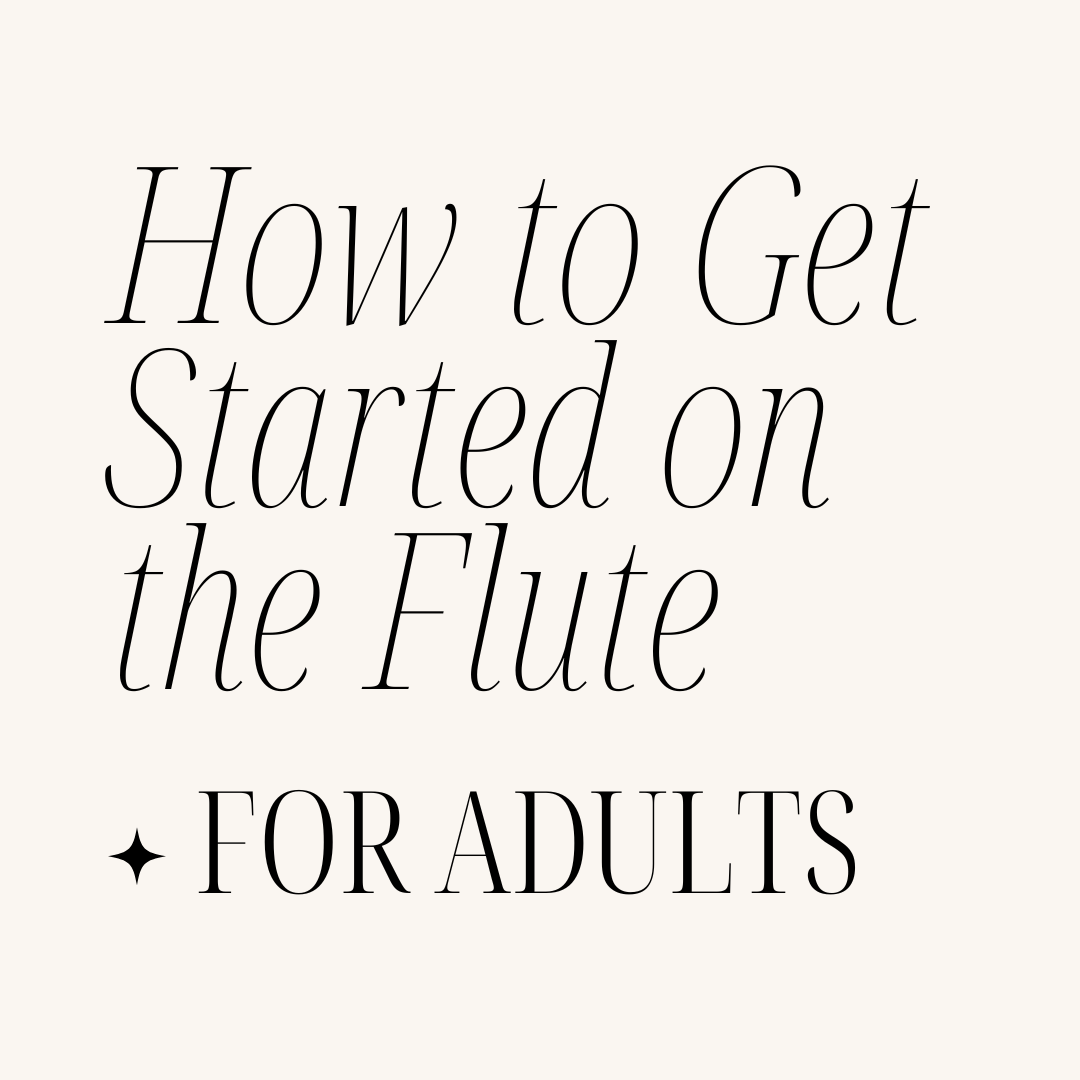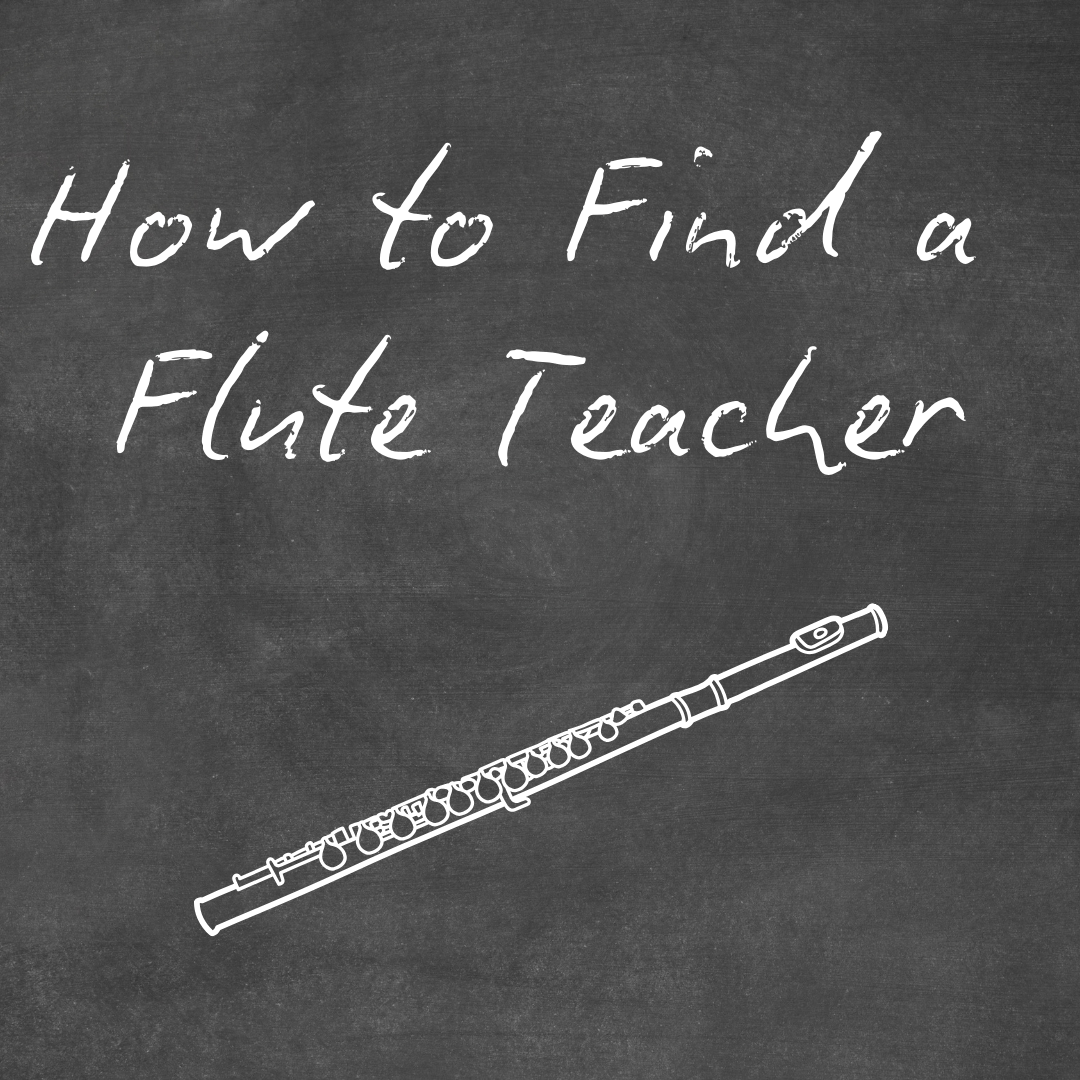BEGINNER FLUTES
Starting your flute journey? Flute Center makes it easy to choose the right beginner instrument. Our carefully selected student flutes are designed for comfort, durability, and beautiful sound, perfect for new players of all ages.
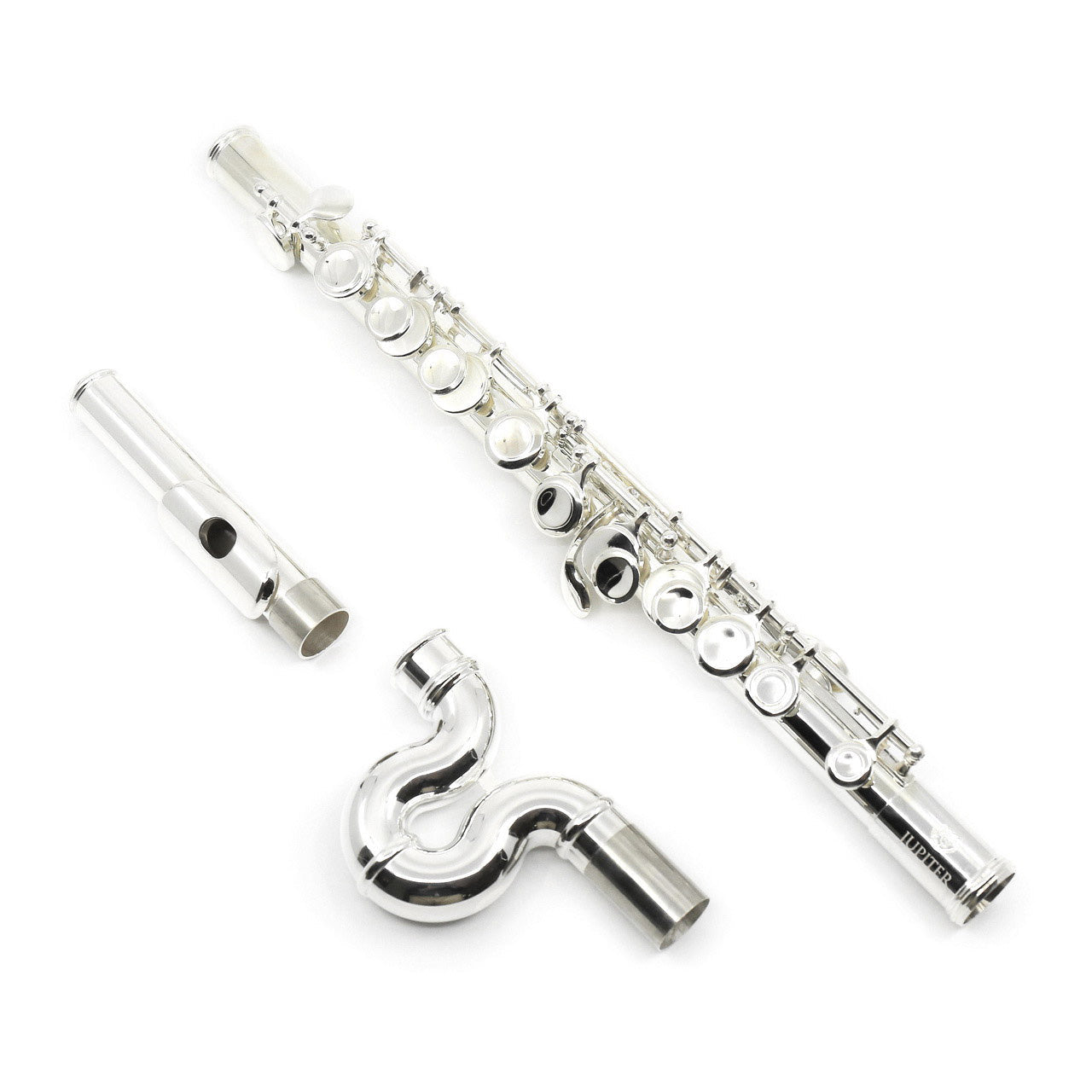
Top-Selling Beginner Flutes
These beginner-friendly flutes are some of our top picks, carefully chosen to give new flutists the best start possible!
Beginner Flute FAQ
How do I know if this is a good flute?
You're in the right place! The Flute Center only sells high-quality flutes that we can stand behind. Before your flute is shipped, a Flute Center Resident Flutist will perform a thorough inspection and play-test to ensure that it is in perfect condition. We also offer a 12-month Standard Service Guarantee with all new flutes, which covers all normal wear and tear for the first year
Do I need closed or open holes?
Many beginner players start with a closed-hole flute, but some choose to start with an open-hole flute instead. Most flutists will upgrade to an open hole flute in the first few years of playing, so purchasing an open hole flute from the start may mean more time between upgrades. Open hole flutes come with plugs, which can be used to close the open holes until the player is ready to remove them. Learn more in our article The Difference Between Open-Hole and Closed-Hole Flutes.
What is the difference between a C and a B Footjoint?
The lowest possible note on a flute with a C footjoint is a low C. The lowest possible note on a flute with a B footjoint is a low B (this adds one note compared to a C footjoint flute.) Most beginner flutes come with a C footjoint, which is usually less expensive and more lightweight. Some beginner flutes and almost all step-up flutes come with a B footjoint. Most flutists will upgrade to a flute with a low B footjoint within the first few years of playing, so some players opt to purchase that style from the start.
Should I get a curved headjoint?
Curved or wave-style headjoints bring the body and keys of the flute closer to the player's torso, making for a more comfortable experience for younger players with shorter arms. Some adult players also find that a curved style headjoint helps relieve tension and pain while playing.
What is the difference between a student flute and a step-up flute?
Beginner flutes typically come with closed hole keys, a C footjoint, and are usually all silver-plated. Step-up flutes typically come with open hole keys, a low B footjoint, and may be partially made of solid silver (for example, a step-up flute might have a solid silver lip plate). Some beginner players choose to start with a step-up flute to avoid having to upgrade in the first few years.
Beginner Flute Blogs
Just getting started on your flute journey? Explore our beginner-friendly blogs for tips, guides, and recommendations from real flutists.


